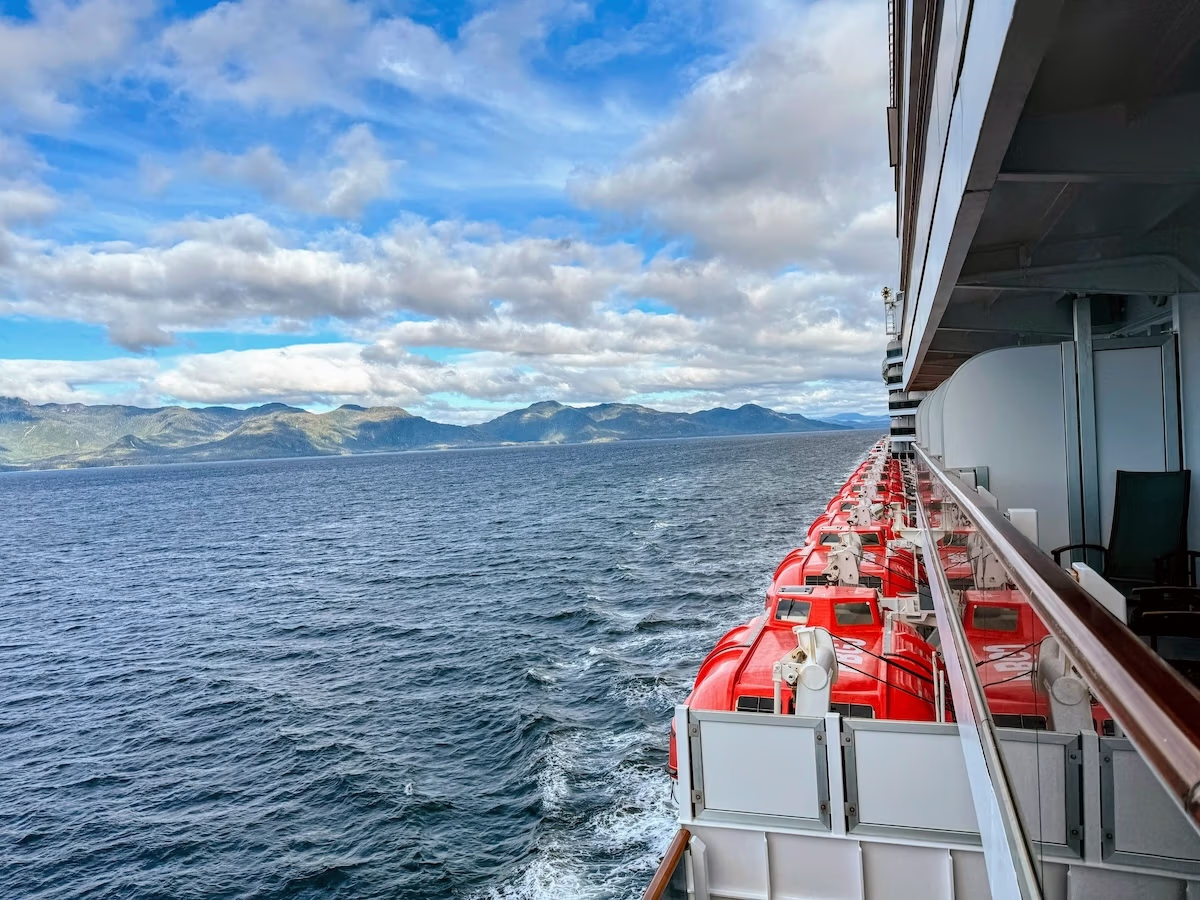Early Advantages of Remote Learning
Traveling students can stay on track academically with help from platforms like writepaperforme for their written assignments. This option offers a simple way to keep school progress steady.
Remote learning unlocks many new experiences. Whether on a cruise ship or backpacking, students can keep up with studies even when away from home. This approach also helps people explore different places and cultures. At the same time, they do not miss key lessons.

Educational travel is a strong tool for modern learners. It lets them see famous spots without pressing pause on classwork. With stable internet and a device, they can work from almost anywhere. This approach helps students stay curious about their environment. Teachers often see that real-world views enhance a student’s understanding of class topics.
This style of learning can be vital for educational student travel. Families and schools can shape itineraries around local museums, historical sites, and nature programs. Their lessons become vivid and engaging. Many ask a key question: how do students learn best? The answer involves variety, direct experience, and helpful study tools. That is why remote lessons, paired with expert help, uphold academic goals.
The Rise of Remote Learning
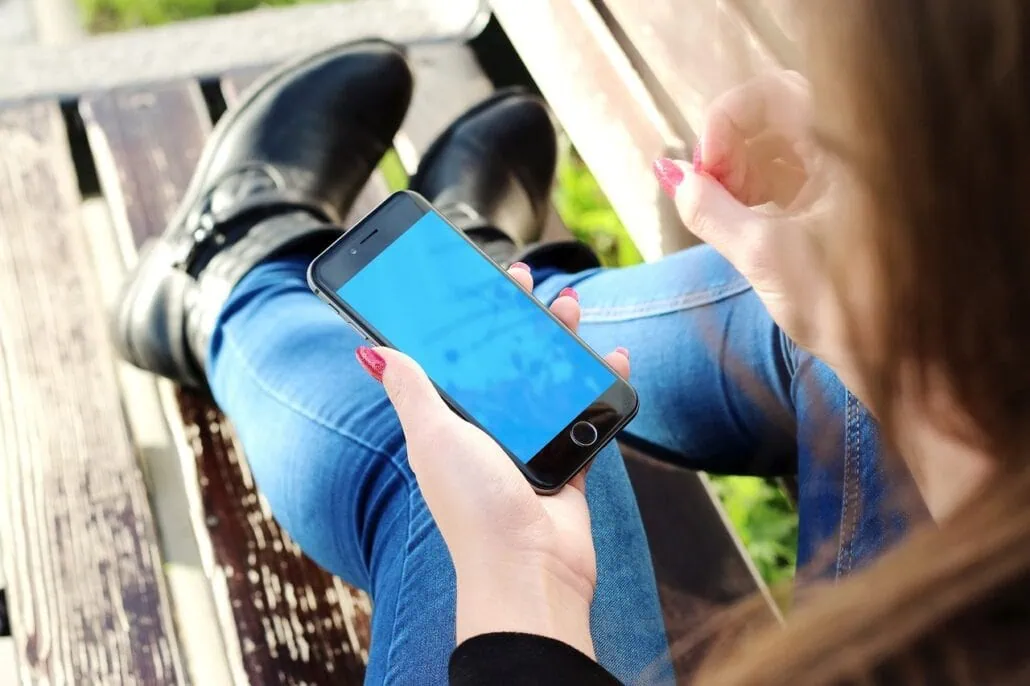
Online classes gained ground when schools closed physical doors. Educational platforms became busy hubs for video lessons and group chats. Students learned to navigate digital tools fast. This shift helped them adapt to new ways of learning. They could join lessons from their kitchen or on the road. This trend opened doors for educational travel.
Educators noticed that remote setups lowered certain barriers. Learners in rural zones or far from top schools gained direct access to quality lessons. Teachers found new ways to show ideas through slideshows or virtual labs. Some started to record entire sessions, allowing replay for clarity.
More: Tips for Booking Your First Cruise
Remote learning tools encourage each individual to move at a comfortable pace. It also helps students build discipline, since they must manage time well.
Many asked, how do students learn best in these settings? Experts say that variety in lesson format is key. Videos, text, and audio all help reinforce core concepts. Remote learning shines because it offers many delivery methods.
Balancing Travel and Education

Families who love to venture out can combine their trips with lessons. They might choose a destination filled with enriching features, such as art galleries or science centers. Students can take classes in the morning, then explore new sites in the afternoon. These real-life outings can spark deeper interest in history or nature.
This model does not demand leaving formal schooling behind. Online essay writer services can support busy learners. These services can lighten the load if they need help with complex writing tasks.
This way, students spend more time enjoying what the city or countryside has to offer.
The trick is to keep a clear schedule. Students set aside blocks of time for lessons and group discussions. Then they venture out and see local wonders. They might even take photos or record short videos about these sites to share with peers. Educational travel becomes a central theme, and everyone gains fresh ideas.
How Virtual Classes Fit Different Lifestyles
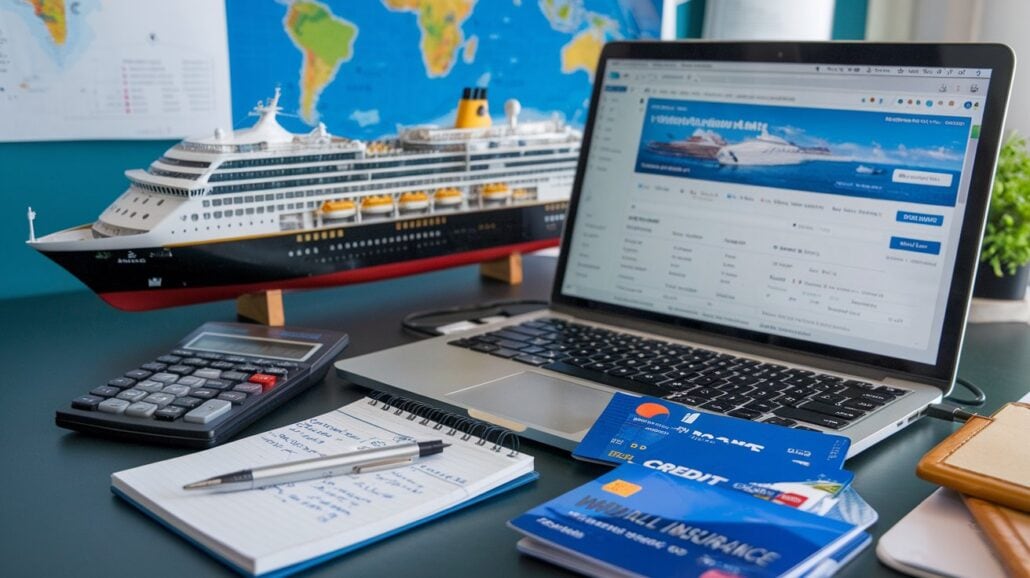
People have varied life routines. Some families prefer flexible study times, while others want a set schedule that feels more like a traditional school day. Remote learning can match whichever style a household prefers. With a strong internet connection like Starlink, lessons remain easy to access.
Some students have extracurricular pursuits, like sports or music. Remote lessons might free them up to practice early or participate in frequent competitions since they are not stuck in a physical building. Setting class hours around flights or train rides is possible for those who love educational student travel.
Many find that remote systems also bring peace. They can pause lessons for quick breaks or mental rest. Tools like discussion boards allow students to keep in touch with classmates.
Peer interactions still exist, even without in-person contact. This helps them learn from each other and share tips. Educational platforms now offer richer content, making the learning journey smooth.
The Benefits of Cultural Immersion

Exploring other countries can boost a child’s worldview. They see local customs firsthand, taste regional foods, and learn common phrases.
Such cultural immersion can broaden their mindset. It might inspire them to learn new languages and bond with people from different places.
Educational travel enhances the learning experience offered by books and lectures. For example, visiting ancient ruins in person deepens understanding of past civilizations.
Additionally, exploring local markets can teach mathematical concepts, such as currency exchange. When people inquire about how students learn best, many experts agree that hands-on experiences stimulate curiosity.
This fresh curiosity sends them back to online classes ready to learn more.
Students can share their findings during their cruise, photos, or journal entries on discussion boards. That input can boost interest among classmates who have never traveled that route. The real world becomes the best classroom, while remote schedules keep them on track with a structured plan.
Supporting Self-Paced Learning

Self-paced education is a perk of remote lessons. In traditional classes, students must adjust to the group’s speed. Some get left behind, while others breeze through. Online setups allow them to settle into the material at their own pace.
This system is especially good for learners with unique goals. If a student struggles with math but loves art, they can spend extra time on math in the morning, then shift to art in the afternoon. A teacher might hold a video conference to clear up tougher parts.
When traveling aboard, one might find quiet hours in a hostel, cruise ship library or hotel to finish big projects. Meanwhile, short visits to historical sites deliver real-life examples that deepen the understanding of class lessons. Each detail merges with personal study goals. Educational platforms often have quick tests or self-check quizzes. These tools let students measure progress, even while on the road.
Tips for Staying Organized on the Road
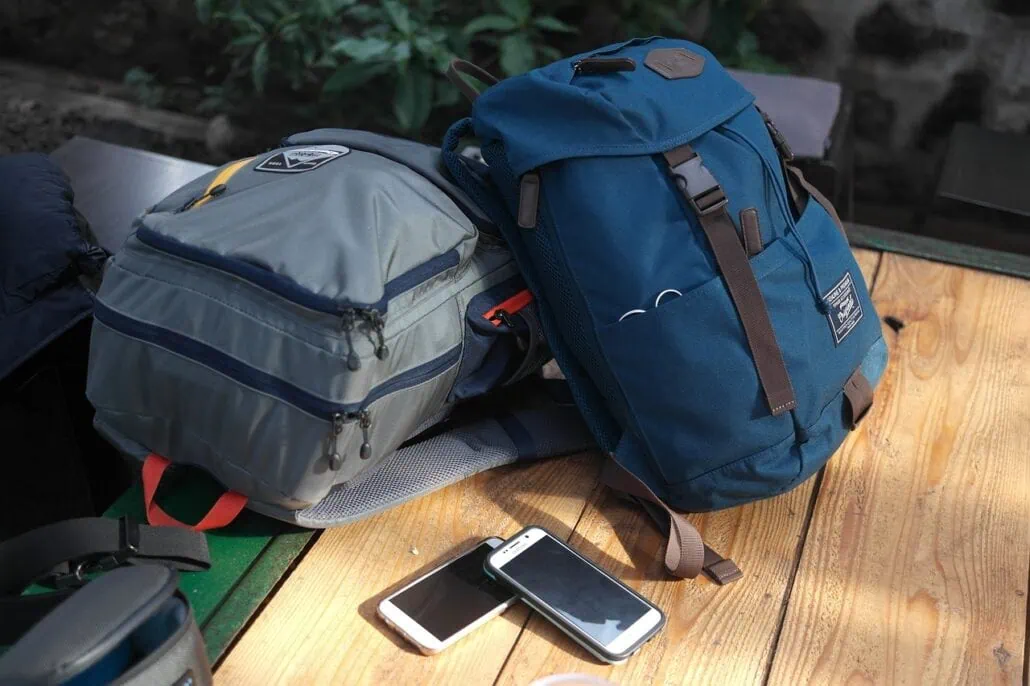
Students who embrace remote classes while traveling should plan ahead. A solid schedule helps them keep track of daily tasks. Many create a calendar listing exact times for live lectures and assignment due dates. They might also note local time differences if they join group sessions.
Good internet is vital. Before leaving, checking accommodations for stable Wi-Fi while traveling can prevent last-minute stress. Packing essential materials like chargers, headsets, or e-books is also wise. A travel folder with key documents keeps everything tidy.
School tasks can pair nicely with experiences in each new place. Students can set personal goals for each leg of the journey, such as visiting a famous scientific museum, then writing a short reflection. They might even ask an online essay writer to proofread bigger assignments. With consistent planning and a bit of help, remote learners can keep pace and avoid missing deadlines.
Thriving Through Group Collaboration
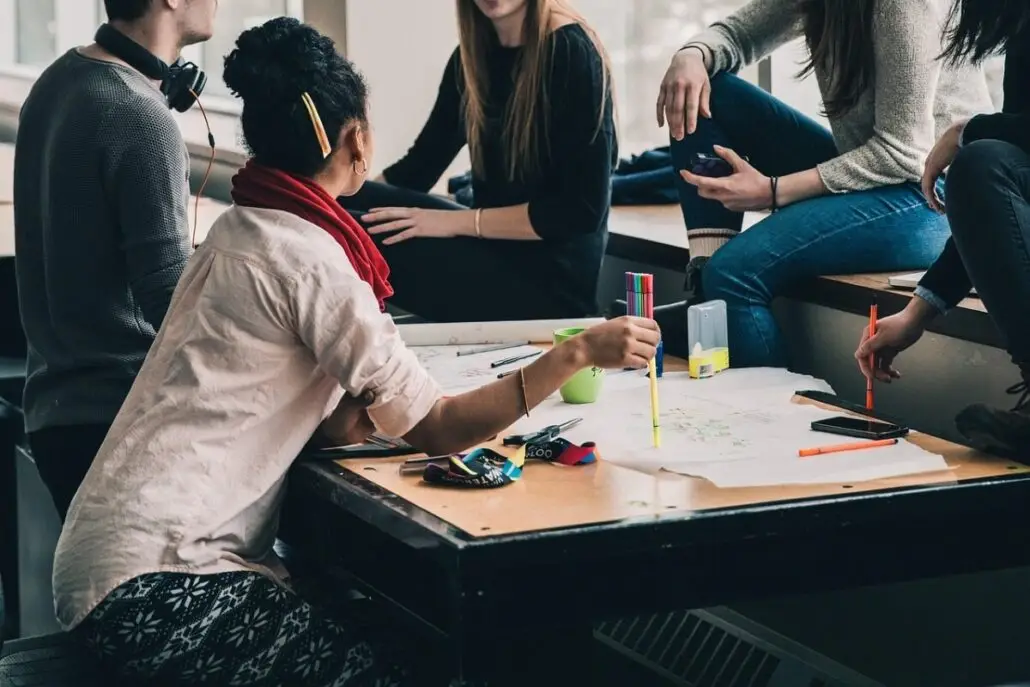
Working together is an important part of education. Even with remote classes, group projects are common. Virtual classrooms use video calls and shared documents to bring students together. Each person can contribute, no matter where they are located.
Group partners might schedule online meetings to discuss goals. One person can take notes and share them in a folder. Another might prepare slides or images to highlight main points. This teamwork teaches responsibility and communication skills. It also helps break complex tasks into smaller steps.
Such collaboration is perfect for those involved in educational student travel. They can draw on local knowledge to deepen their group’s project. Suppose a team works on a topic about marine ecosystems. If one member is near a coast, they could film a quick clip of local sea life. Everyone’s learning becomes more exciting. This synergy unites people from different regions.
Using Technology To Boost Engagement

Modern educational platforms offer many tools. Students can watch recorded lessons multiple times, replaying tricky parts until they understand. They might use quiz apps to gauge progress or share voice notes. Some enjoy creating digital flashcards or interactive timelines.
Online forums help classmates answer each other’s questions. They can also link to interesting articles or short videos. Teachers may set up polls to measure student opinions or gather feedback. These functions keep learners active and engaged.
For those eager to roam, technology is a lifeline. With a tablet or phone, learners can read e-books on trains or watch recorded lessons on flights. This easy access reduces wasted time. It also helps them fill the gaps between major outings. Even a short bus ride can become a study session. These digital solutions keep small tasks organized and stress levels low.
Conclusion: A Path to Real Growth

Embracing remote learning while discovering new places can enrich minds.
Families who include educational travel in their plans stay connected to class tasks. Real-world experiences spark bigger ideas and bring classroom lessons to life. Visiting cultural sites or natural wonders helps students store new facts more easily.
Asking how do students learn best leads to varied answers. Many find success through immersion, strong digital support, and personal pacing. Online essay writer tools can handle tough writing tasks. Educational student travel ensures each trip is a chance to learn something worthwhile. Meanwhile, supportive teachers guide them through online modules.
This method respects diverse lifestyles, whether someone wants freedom for sports, arts, or global exploration. It encourages better organization and self-discipline.
Students can enjoy deeper connections with local culture while staying on track academically. Through careful planning and use of educational platforms, young people gain fresh perspectives on places and lessons. They do not need to sacrifice their studies to see the bigger picture.

